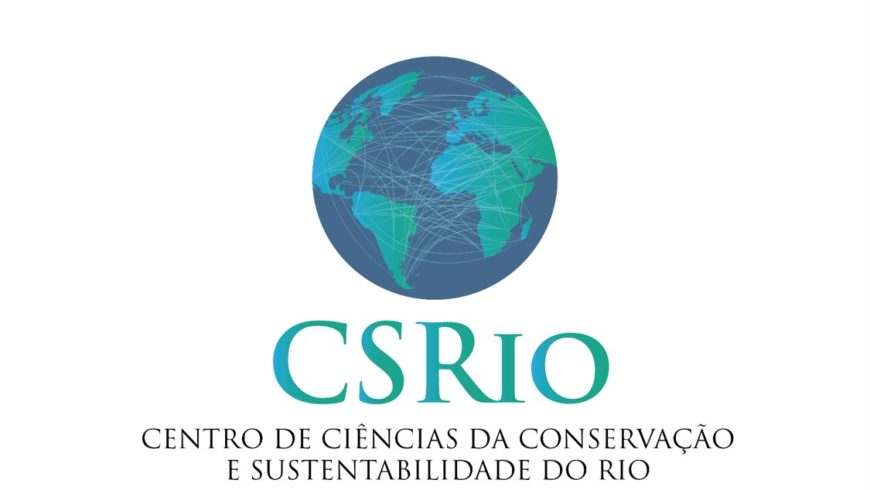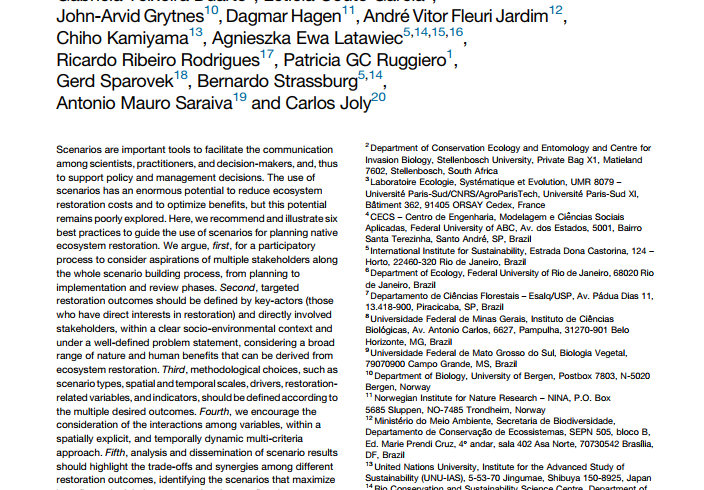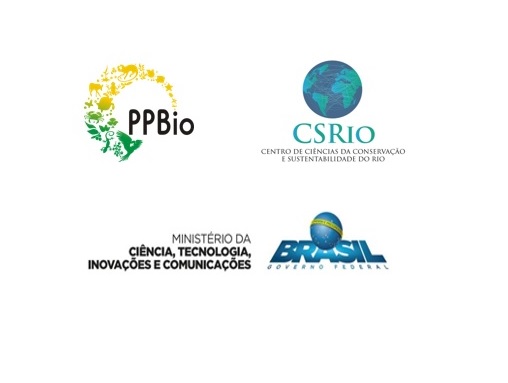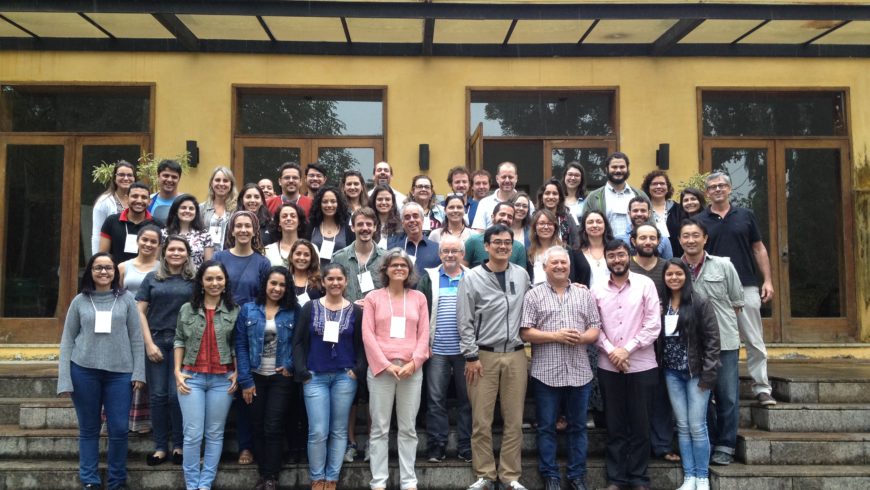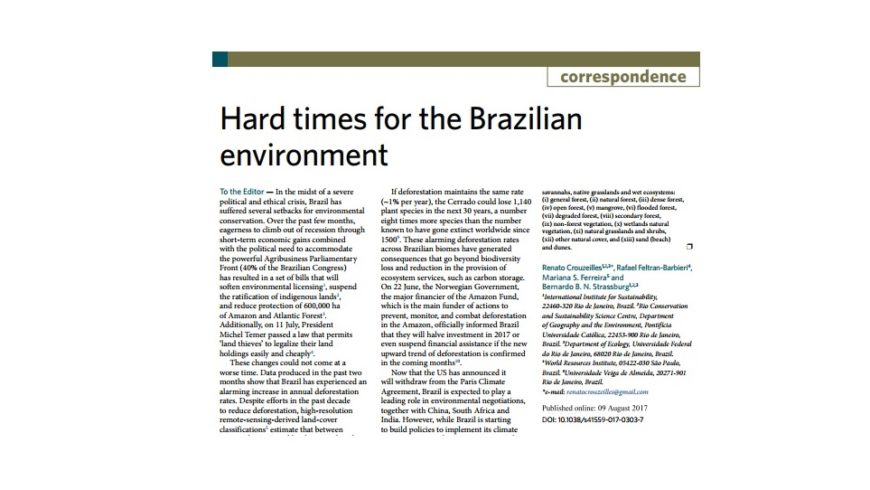Mobility grant in the second semester of the 2017/18 academic year – Project with Opole University (Poland)
According to the terms of the project, our are eligible for a mobility grant to Opole University for five days + travel in the second semester of the 2017/18 academic year. The applicant must meet the following requirements: Satisfactory knowledge of English (B2 level); A field of expertise common to both institutions. The chosen applicants will receive a scholarship and travel expenses. To apply, please transmit the following documents in English: CV; A photocopy of the first page of your international passport; A reference from the Head of Department; A motivation letter (maximum size – 1 page A4). All documents should be sent as required a scanned copy in one file in PDF; maximum size – 15MB):. Information about Opole University: http://erasmusplus.uni.opole.pl/show.php?id=85&lang=en&m=10 Selection criteria: The selection of lecturers for the mobility program will be according to the following criteria: – Academic profile – evaluation of CV (30%); – Knowledge of languages (30%); – Teaching/ Internship plan (30%); – A letter of support from the Host University (10%). Preference will be given to the lecturers who have developed courses in a foreign language and expressed their readiness to teach foreign students in the framework of Erasmus+ exchange program at Pontifícia Universidade Católica do Rio de Janeiro.
Read more


